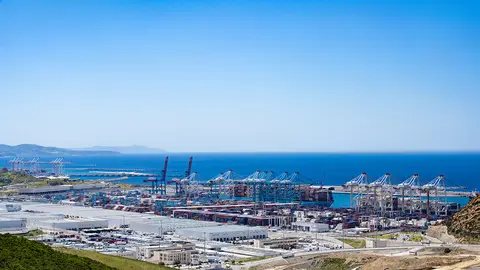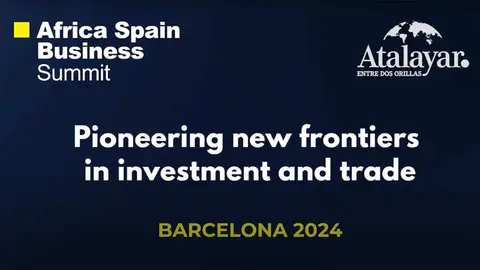Tangier Med and Libreville drive the future of African ports
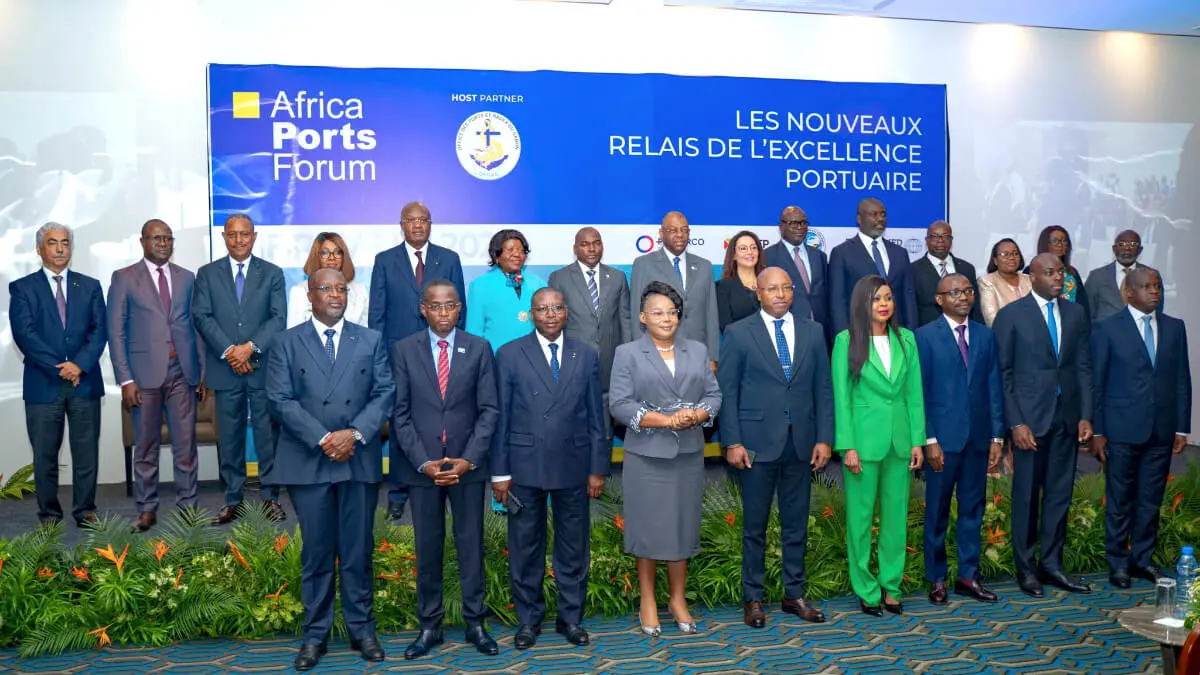
Africa is redefining its port future, and two names are emerging most strongly in this transformation: Tangier Med and Libreville. From 26 to 28 May 2025, the capital of Gabon hosted the 13th edition of the Africa Ports Forum, a landmark event for the development of the African maritime sector.
- Tangier Med: a benchmark for port excellence and digital transformation
- Libreville: a shared vision for the future of African ports
- The ports of Owendo and Port-Gentil: pillars of Gabon's logistics development
- A forum with strategic and regional impact
- Cooperation, innovation and sustainability: keys to the future of African ports
More than 300 experts, institutional leaders and maritime transport and logistics leaders held talks and meetings to discuss the major challenges facing the ports of the African continent.
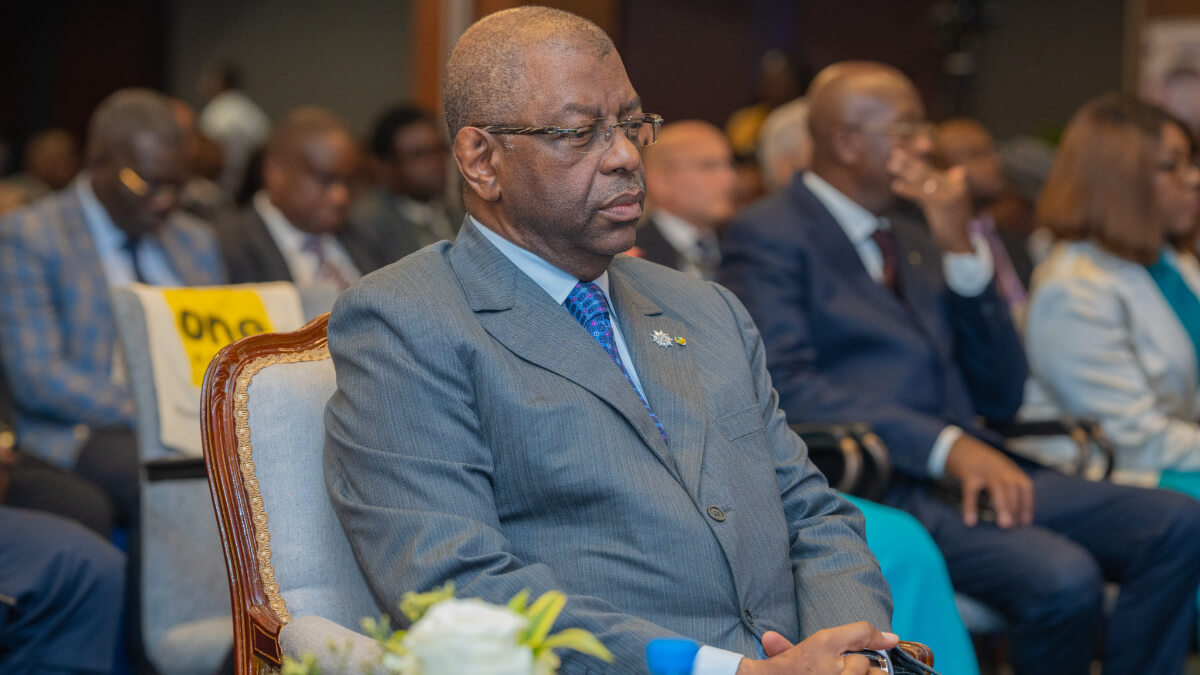
Far from being a networking space, the forum sought to chart a roadmap for promoting the development of port complexes through digitalisation, environmental sustainability, logistics integration and port competitiveness at regional, continental and global levels.
Tangier Med: a benchmark for port excellence and digital transformation
Today, the Port of Tanger Med, the largest and most operational complex in Africa and the world, and one of the most advanced in the Mediterranean, has demonstrated why it is considered a global model of efficiency.
Through their participation in the forum, via Tanger Med Engineering, the Port of Tangier's managers showed how alignment with Gabonese ports can mark a clear turning point in the development of key ports for the African country, such as the ports of Owendo and Port-Gentil.
In January 2025, a key agreement was signed between OPRAG (Office des Ports et Rades du Gabon) and Tanger Med Engineering to implement state-of-the-art VTS/AIS systems in the aforementioned ports. This technology not only improves maritime safety and traffic control, but also enables progress towards a more efficient, interconnected port model that is prepared for the challenges of global trade.
This alliance between Gabon and Morocco is yet another example of the North African country's aspirations for South-South cooperation in the port and logistics sector, which follows a strategy aligned with the sustainable development goals and digital transformation of the African continent's infrastructure, as outlined in the Atlantic Frontier Initiative promoted by King Mohammed VI of Morocco.
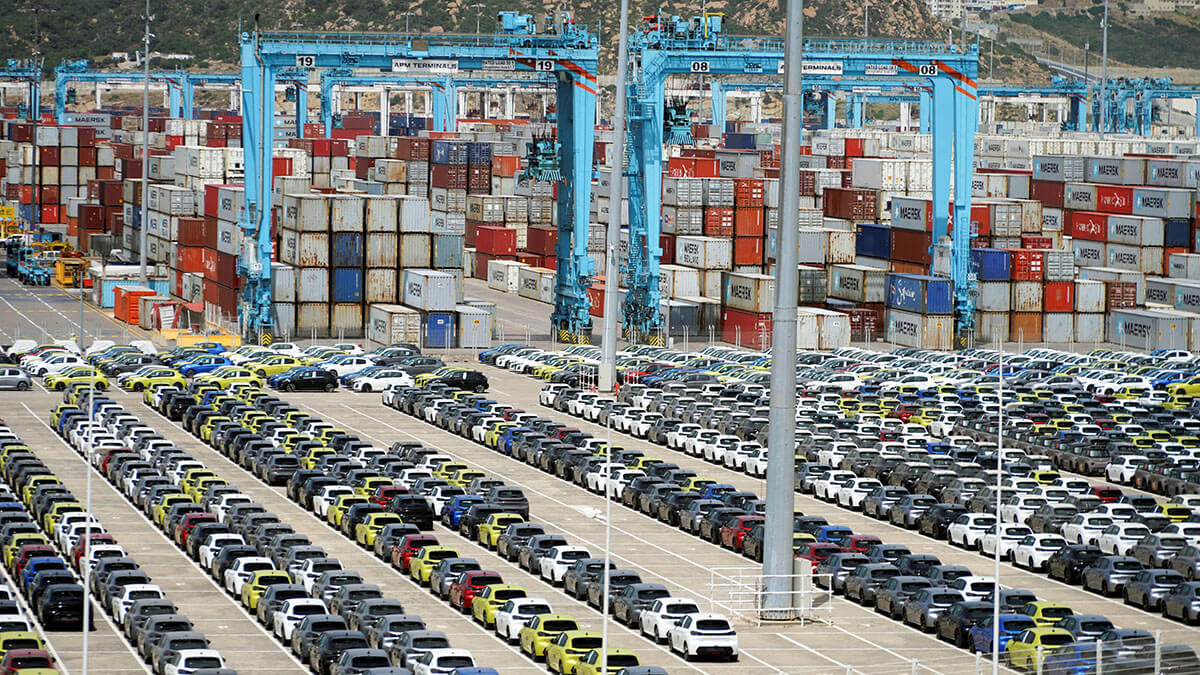
Libreville: a shared vision for the future of African ports
The Republic of Gabon has shown signs of wanting to lead the change in the roadmap for ports in Africa, through the organisation of the Africa Ports Forum 2025 and the presence of its Minister of Transport, Ulrich Manfoumbi-Manfoumbi, and the presentation of the ‘Gabon Smart Port 2030’ project as a strategic and fundamental pillar of national development in the port sector.
Along the same lines, OPARG Director General Martin Boguikouma pointed out that ‘the future of port institutions, not only in Gabon but throughout the continent, involves a major transformation to a logistics ecosystem that moves away from the current traditional administration model.’
To this end, Boguikouma explained that the vision of leaders should not focus solely on the quantity of cargo, but should follow a plan to enhance its value, with the aim of integrating technological progress in Africa, which would generate more regional and international trade. This is similar to the model followed by the port of Tanger Med, recently praised by the Prime Minister and Minister of Foreign Affairs of Kenya, Musalia Mudavadi.
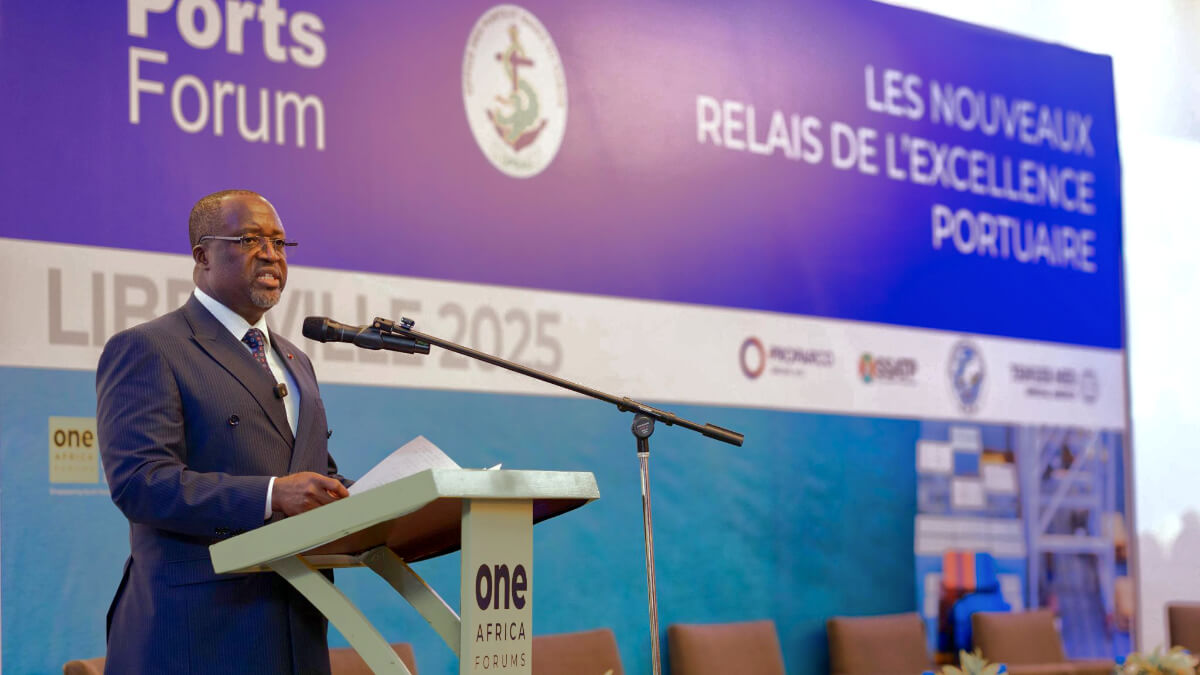
The ports of Owendo and Port-Gentil: pillars of Gabon's logistics development
It is in this context that the Gabonese authorities want to focus their efforts on the country's two major economic hubs: the port of Owendo and the port of Port-Gentil.
With regard to the port of Owendo, the country's leading maritime hub, with more than 6 million tonnes of goods handled annually, seven active docks, a 130,000 TEU and a direct connection to the Transgabonais railway located near Libreville, the strategy presented at the Africa Ports Forum pointed out that growth forecasts for 2030 show extraordinary figures for the sector, with an average of 20% per year.
The main improvements expected are the opening of two new docks and the creation of better access to improve mobility within the complex, enabling it to consolidate its position as an even more important platform over the next five years, in line with the Gabon Smart Port 2030 plan.
For its part, the port of Port-Gentil, located on Mandji Island, is vital for the hydrocarbon sector, as it is considered a strategic infrastructure in the energy sector, and for commercial fishing, the third largest commercial sector contributing to the country's gross domestic product.
It can accommodate ships over 200 metres in length and with over 80,000 DWT. However, the planned reforms to increase its capacity are expected to make it the most important port for the oil industry on the African continent.
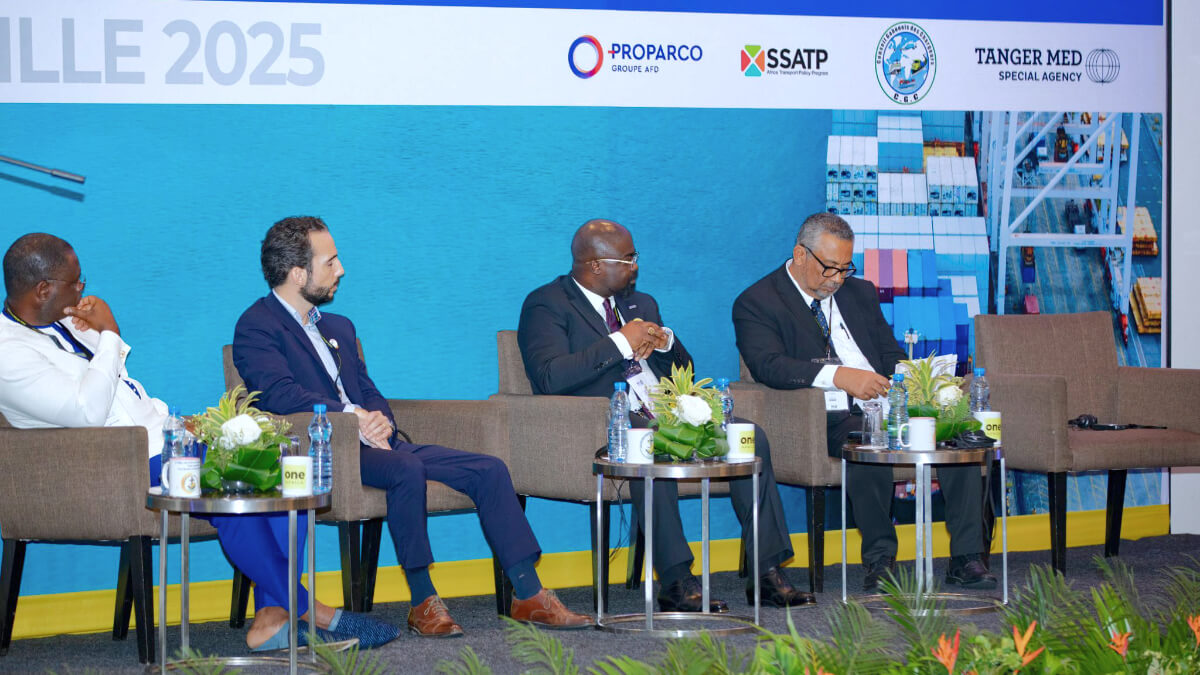
A forum with strategic and regional impact
During the three days of the forum, which focused on the theme ‘The new drivers of port excellence’, in addition to the panels and conferences announced in the programme, there were thematic panels focusing on: sustainable port governance models; technological innovation and digital transformation; intra-African cooperation; and public-private partnerships.
These panels were attended by international institutions such as the IFC (International Finance Corporation), the OECD, the World Bank, AUDA-NEPAD, PMAESA, and regional bodies such as Agpaoc-Pmawca.
The highlight of the event was the presentation by OPRAG on the ‘Renaissance Portuaire du Gabon’. This panel showed the way forward for a sound medium- and long-term strategy through the attraction of large investors.
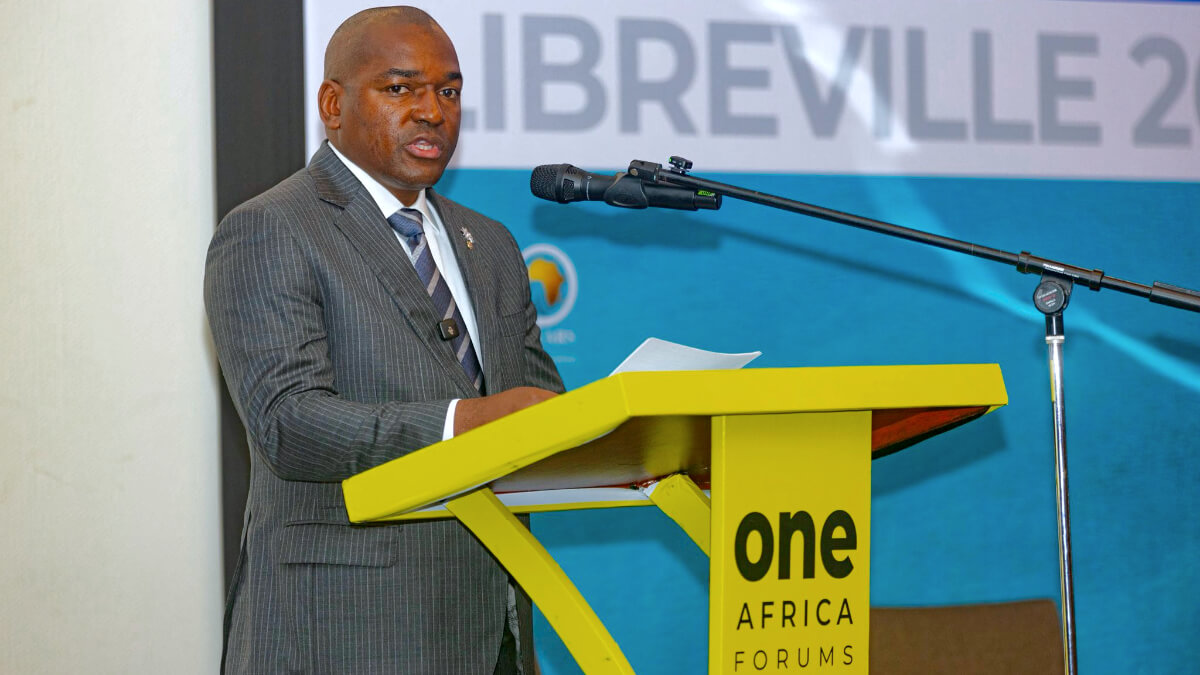
Cooperation, innovation and sustainability: keys to the future of African ports
Finally, the forum highlighted the common vision of all African ports in their role as economic hubs and drivers of regional integration. Some of the conclusions pointed to the need to guarantee maritime safety, invest in technology and create legal frameworks to facilitate trade between African countries and with the rest of the world.
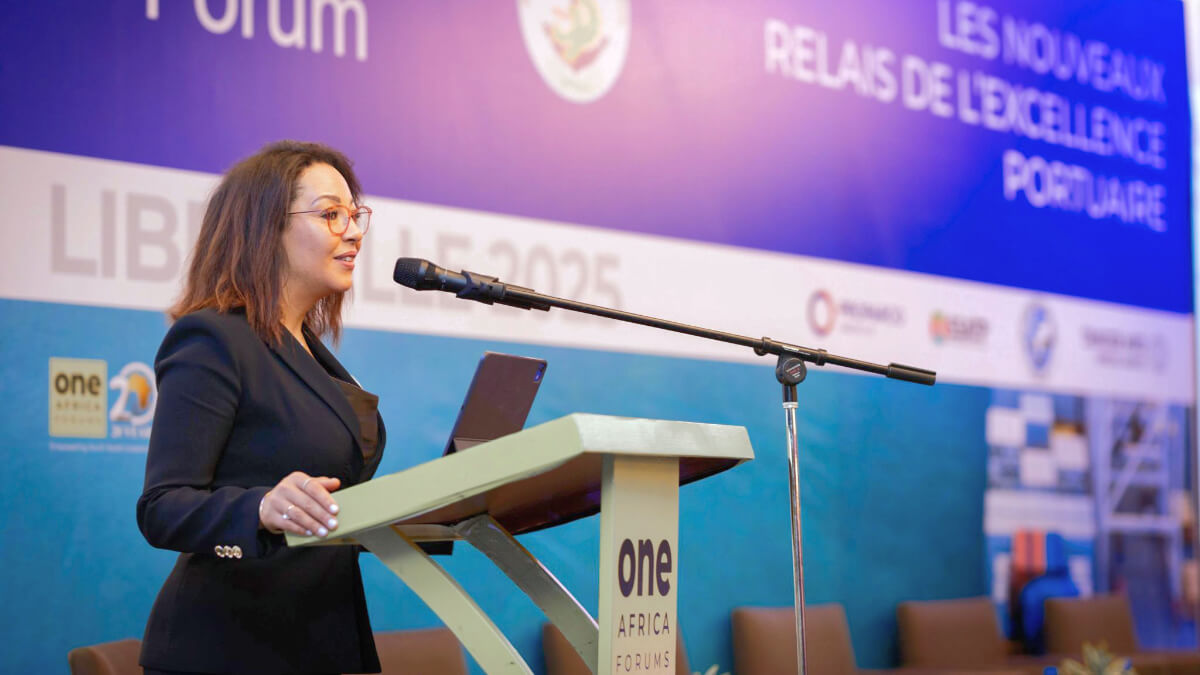
This was highlighted by Hind Sidqui, director of One Africa Forums: ‘Libreville is now a regional model thanks to its vision, operational rigour and the leadership of OPRAG. This forum marks the beginning of a new era for African port cooperation.’
Libreville and Tangier Med are examples that building modern, effective, sustainable and competitive infrastructure is not a utopia for African countries.

